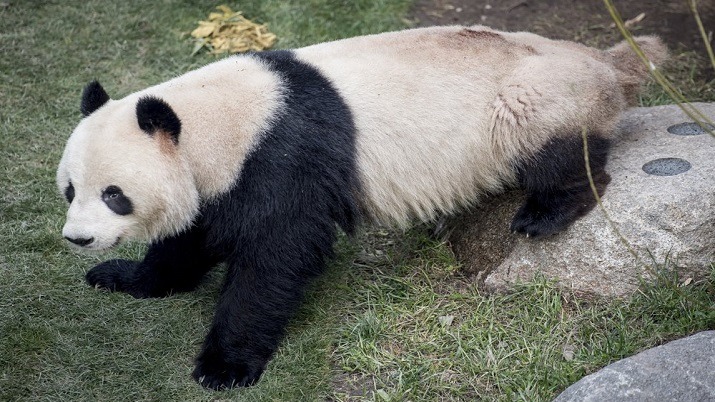World’s oldest captive giant panda passes away at 38

Xinxing, the world’s oldest giant panda in captivity, has died of multiple organ failure at the age of 38 years and four months, a Chinese zoo announced on December 21. She died at a zoo in southwest China’s Chongqing Municipality.
According to the Chongqing Zoo, Xinxing began to show symptoms of drowsiness and loss of appetite on Oct. 21. Her condition worsened quickly in the next few days and she developed shortness of breath, cough, abdominal distension and had trouble defecating, reports state-run Xinhua news agency.
Experts from several medical institutions including the China Conservation and Research Center for the Giant Panda made an all-out effort to save her but she eventually passed away at noon on Dec. 8, according to a report by state-run Xinhua.
Anatomical and pathological analysis showed that old age and multiple organ failure caused digestive disorders and hypoproteinemia in the mammal’s body. These led to infection in the digestive and respiratory tracts leading to death, said the report.
Not more than 30 giant pandas around the world have lived to be over 30 years, according to Yin Yanqiang, the zoo’s technical director.
About Xinxing also called “granny panda”
Xinxing was the world’s oldest captive giant panda, her age is equivalent to more than 110 human years.
She was born in 1982 in the wild of Baoxing County of Sichuan province, where the French Catholic priest, zoologist and botanist Armand David discovered the species in 1869.
She was brought to the Chongqing Zoo at the age of one and is the matriarch of a huge family of 153 pandas by the end of last year.
Her offspring are spread across China and in other countries and regions including the US, Canada and Japan.
Ankit Anand
Are new Covid-19 strains cause for concern? All your questions answered.

